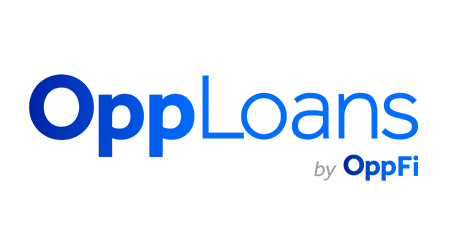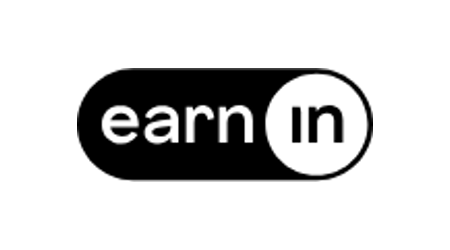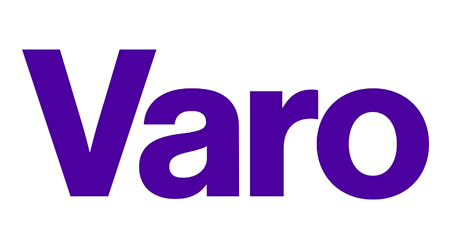
- Borrow up to $5,000
- Get cash as soon as same business day
- Easy application
- Quick approval
- Not available in: CO, CT, GA, IA, MD, MA, NY, SD, VT, WV.



Yes, payday loans are legal in California. But laws stipulate the maximum payday loan allowed is $300, including fees. And the most a lender can charge is a 15% fee — up to $45 — meaning the total loan amount borrowers can receive is $255. Payday lenders also cannot issue a new loan if you already have one, so if you need more than $255, you’ll have to find another solution.
When you need to borrow cash fast to cover unexpected gaps in your budget, there are several viable alternatives to payday loans available in California. Here are a few of the best options.
If you have a decent credit score and prefer a longer loan term, a personal loan might be the way to go. Personal loan lenders typically require a hard credit check, which may temporarily drop your score a few points, and the requirements to qualify are likely to be stricter than other options on this list. Also, if you only need to borrow a small amount, it may be difficult to find a personal loan for $250 or less.
But personal loan rates are capped at 35.99%, much lower than payday loans, and you could potentially borrow a larger amount if you need it. Plus, loan terms are much longer, giving you some breathing room to pay it back. And, if you have a good credit score, you could qualify for a competitive rate.
A cash advance app might be a good choice if you have bad (or no) credit but a steady source of income. Cash advance providers generally don’t do credit checks or charge interest or late fees, but they require a history of recurring deposits to qualify. You may also need to get paid by direct deposit, although a few providers don’t require direct deposit.
However, cash advance apps have short loan terms — usually just until your next payday or deposit — and it could take time to become eligible for advances up to $250. You may also be required to pay a monthly subscription fee for the service and an additional fee if you need the cash right away — though some cash advance apps are mostly free.
Members of some federal credit unions may have the option to take out a payday alternative loan (PAL), but you’ll usually need to be a member for at least 30 days to qualify. PALs range from $200 to $1,000 — although some go as high as $2,000 — and rates are capped at 28%. Loan terms are anywhere from one to six months or up to 12 months for $2,000 loans.
TIP: Even if your bank or credit union doesn’t officially have a PAL, it may still offer a version of it. Many banks and credit unions provide small-dollar loans or lines of credit at reasonable rates for customers in good standing.
Installment loans generally refer to short-term loans similar to payday loans but typically have better rates and longer loan terms. You might also get a larger loan amount than payday loans. However, rates can still reach into the triple digits with some installment loans, so you may want to exhaust other options first.
We currently don't have that product, but here are others to consider:
How we picked theseThe Finder Score crunches 3+ types of short-term loans across 65+ lenders. It takes into account the product's interest rate, fees and features, as well as the type of loan eg investor, variable, fixed rate - this gives you a simple score out of 10.
To provide a Score, we compare like-for-like loans. So if you're comparing the best short-term loans for all credit types, you can see how each short-term loan stacks up against other short-term loans with the same borrower type, rate type and repayment type.
Loan costs in California aren’t exactly straightforward — and that’s putting it mildly. While the state constitution sets a 10% interest cap under its usury law, there are plenty of loopholes. That cap doesn’t apply to most banks, credit unions, finance companies or other licensed lenders — which means many can legally charge much more.
In 2020, California passed the Fair Access to Credit Act, which caps interest rates at 36% APR on most consumer loans between $2,500 and $10,000. But that cap doesn’t apply to all lenders or loan types, and rates can still be much higher on loans that fall outside this range — especially short-term installment loans or high-risk financing.
At the end of the day, how much you pay depends on the loan type, lender, repayment term and your credit profile. On top of interest, many lenders charge origination fees, late fees, non-sufficient funds (NSF) fees and other costs that increase your total repayment amount. Always review the full loan terms — not just the interest rate — so you know exactly what you’re signing up for.
If you’re facing long-term financial struggles, a loan might not be your best option. Try turning to some of the many assistance programs available in California to help make ends meet.
Payday loans may be fast and convenient, but they’re expensive and put borrowers at risk of falling into a cycle of debt. Luckily, there are many alternatives to payday loans, such as personal loans, cash advance apps, PALs and installment loans. Take the time to explore your loan options before giving your hard-earned cash to a payday lender.
Yes, you can get a payday loan from an online lender in California and receive the funds the same day. But remember, this is an expensive form of borrowing. To cut back on costs, consider using a cash advance app instead — you have to pay an instant transfer fee, but it costs a lot less than the payday lender fees.
While it’s illegal to get two payday loans from the same lender in California, you could theoretically get as many loans as you want from different payday lenders. However, with the high rates on these types of loans — and short repayment terms — you’re putting yourself at a greater risk of falling into a cycle of debt that can be hard to break out of.
Yes, payday loan companies can sue you in California if you fail to repay your loan. However, they must follow state and federal debt collection laws, and they can’t threaten you with jail, wage garnishment or legal action without actually filing a case.
There are a number of better alternatives to payday loans, but the “best” option depends on your unique situation. For example, if you want to avoid a credit check, a cash advance app might be the way to go. If you have excellent credit, however, a personal loan might be a better move.
A review of Honest Loans, a lead generation service that can connect you with loan amounts from $200 to $50,000.
Compare lenders that offer $800 loans, including payday and installment loans, personal loans and cash advance apps.
Lenders that offer $700 loans, how much they cost, requirements needed to qualify and what to watch for.
How to get a $600 loan, including eligibility requirements and where to find them.
From pay advance apps to payday loans, you have a few options to choose from.
Compare eight lenders that offer loans under $300.
Find out where to apply for a short-term loan if you have bad credit — and learn what red flags to stay away from.
Here’s how to get a small $500 loan for cash until payday.
Borrowing a $100 can be a quick and painless process. This article covers exactly what you need to know when you need a little cash between paydays.
Five lenders that offer debit card loans and fast funding.